SUMMARY
This is AI generated summarization, which may have errors. For context, always refer to the full article.
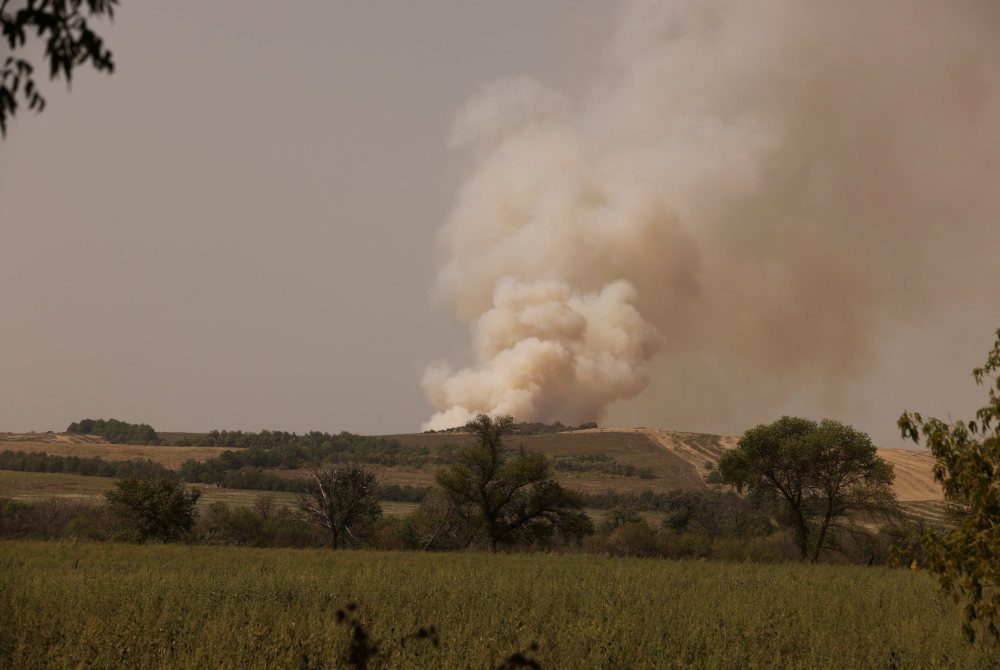
A team from the UN nuclear watchdog headed on Monday, August 29, to Ukraine’s Zaporizhzhia nuclear plant, the agency’s chief said, as Russia and Ukraine traded accusations of shelling in its vicinity, fueling fears of a radiation disaster.
Captured by Russian troops in March but run by Ukrainian staff, Zaporizhzhia has been a hotspot in a conflict that has settled into a war of attrition fought mainly in Ukraine’s east and south six months after Russia launched its invasion.
“We must protect the safety and security of Ukraine’s and Europe’s biggest nuclear facility,” Rafael Grossi, director-general of the International Atomic Energy Agency (IAEA), said in a post on Twitter.
A team of IAEA inspectors he is leading will reach the plant on the Dnipro river near front lines in southern Ukraine this week, Grossi said, without specifying the day of their arrival.
The IAEA tweeted separately that the mission would assess physical damage, evaluate the conditions in which staff are working at the plant and “determine functionality of safety & security systems”. It would also “perform urgent safeguards activities”, a reference to keeping track of nuclear material.
The Kremlin said on Monday the IAEA mission was “necessary” and urged the international community to pressure Ukraine to reduce military tensions at the plant.
The United Nations, the United States and Ukraine have called for a withdrawal of military equipment and personnel from the nuclear complex, Europe’s largest, to ensure it is not a target. But the Kremlin again ruled out withdrawing its forces from the site.
With fears mounting of a nuclear accident in a country still haunted by the 1986 Chornobyl disaster, Zaporizhzhia authorities are handing out iodine tablets and teaching residents how to use them in case of a radiation leak.
‘Blackmail’
Russian forces fired at Enerhodar, the Dnipro riverside town where the plant is located, the chief of staff of Ukrainian President Volodymyr Zelenskiy, said late on Sunday on his Telegram channel alongside a video of firefighters dousing burning cars.
“They provoke and try to blackmail the world,” Andriy Yermak said.
Liliia Vaulina, 22, among a growing number of refugees from Enerhodar arriving in the Ukraine-held city of Zaporizhzhia, some 50 km (30 miles) upriver from the plant, said she hoped the IAEA mission would lead to a demilitarization of its area.
“I think that they will stop the bombing,” she told Reuters.
Olexandr Noraiev, 34, a volunteer at the refugee center in Zaporizhzhia, said up to 2,000 people were arriving there every day, mostly from southern Russian-occupied areas including Kherson and Mariupol. But he said more were now arriving from the area of the nuclear plant after increased shelling there.
Earlier, Ukraine’s military reported shelling of nine more towns on the opposite side of the Dnipro from the Zaporizhzhia plant.
Russia’s defense ministry said its forces had shot down a Ukrainian drone that was trying to attack the nuclear power station, Russian news agencies reported. It said there was no serious damage and radiation levels were normal.
Reuters could not independently verify the report.
Two of the plant’s reactors were cut off from the electrical grid last week due to shelling.
Ukrainian state nuclear company Energoatom said it had no new information about attacks on the plant.
‘Every shell matters’
In the Donetsk region of eastern Ukraine, Russian forces shelled military and civilian infrastructure near Bakhmut, Shumy, Yakovlivka, Zaytsevo, and Kodema, Ukraine’s military said early on Monday.
Russian strikes killed eight civilians in Donetsk province on Sunday, its governor Pavlo Kyrylenko said.
Russia denies targeting civilians.
Zelenskiy, in a video address late on Sunday, vowed “the occupiers will feel their consequences – in the further actions of our defenders”.
“No terrorist will be left without an answer for attacks on our cities. Zaporizhzhia, Orykhiv, Kharkiv, Donbas – they will receive an answer for all of them,” he added.
Russia invaded Ukraine on February 24 in what it called a “special military operation” to demilitarize its southern neighbor. Ukraine, which won independence when the Russian-dominated Soviet Union broke up in 1991, and its Western allies have dismissed this as a baseless pretext for a war of conquest.
The invasion of Ukraine has touched off Europe’s most devastating conflict since World War Two.
Thousands of people have been killed, millions displaced and cities blasted to ruins. The war has also threatened the global economy with an energy and food supply crisis.
On Monday, Zelenskiy accused Russia of trying to prevent European nations from filling their gas storage facilities enough to cope with the coming winter. He also told an oil and gas conference in Norway via videolink that it was “not normal” that Russia’s Rosatom had not been sanctioned.
Sweden, which along with Finland is pressing to join NATO in response to Russia’s invasion, announced nearly $50 million worth of additional military aid to Ukraine on Monday during a visit to Stockholm by Ukrainian Foreign Minister Dmytro Kuleba.
Kuleba urged Sweden to provide weapons such as howitzers and shells. “Every euro, every bullet, every shell matters,” he said.
Germany will also send more weapons to Ukraine in the coming weeks and help build up the country’s artillery and air defense capacities, Chancellor Olaf Scholz told a conference in Prague, where he also reaffirmed Berlin’s support for Ukraine and several other ex-Soviet republics to join the European Union. – Rappler.com
Add a comment
How does this make you feel?

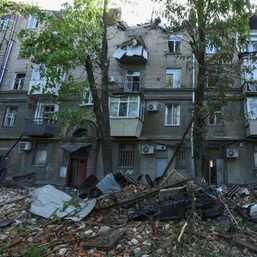
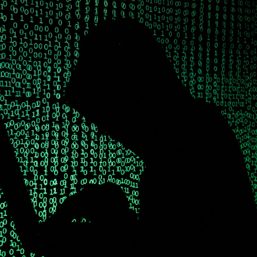
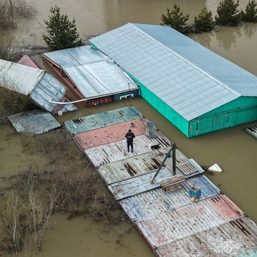

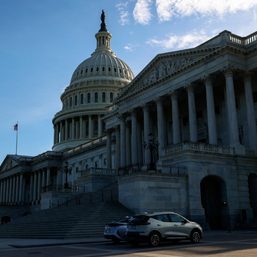
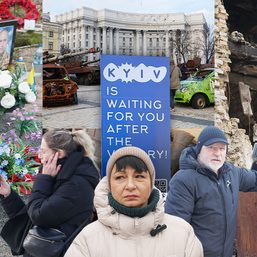
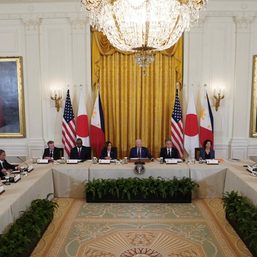
There are no comments yet. Add your comment to start the conversation.